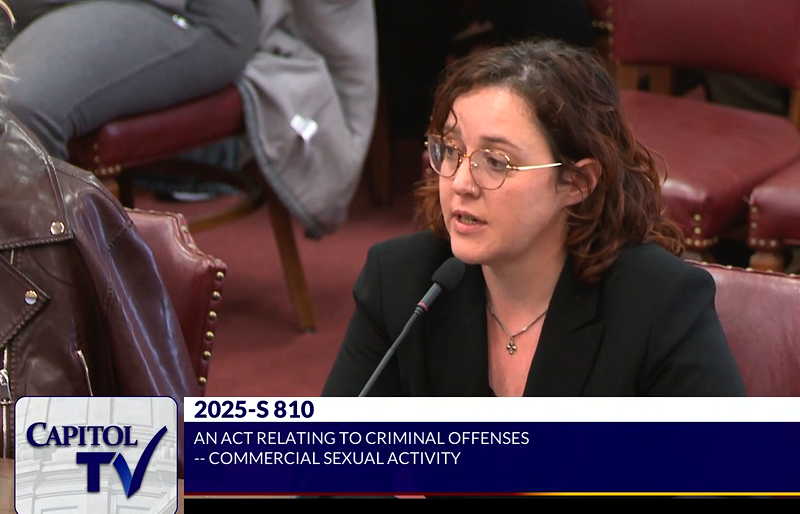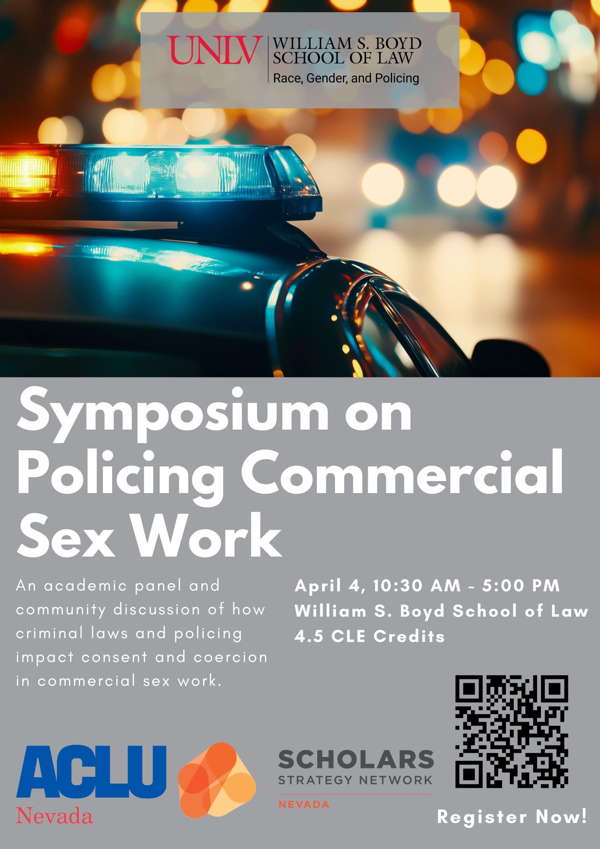March 31, 2025
The recent arrest of two rookie New York Police Department (NYPD) officers, Justin Colon and Justin McMillian, for groping and stealing from sex workers in Queens, NY, highlights the dangers of criminalizing consensual adult sex work. These officers, while responding to a prostitution call, used their authority to rob and sexually assault women in the line of duty. They even turned off their body cameras to cover their tracks, in a deliberate attempt to evade accountability. This disturbing case is a clear example of how criminalizing sex work fosters an environment where police officers can exploit their power without fear of consequences.
Law enforcement officers have inherent power and authority over civilians, and this authority can be wielded to coerce unwanted sexual contact. The International Association of Chiefs of Police (IACP) has recognized that policing “create[s] opportunities for sexual misconduct” because officers “have power and authority over others” and “engage with vulnerable populations who lack power and are often perceived as less credible”. The abuse of authority by Colon and McMillian is not an isolated event. Police sexual violence (PSV) is the second-most prevalent form of police violence after excessive force. There are likely exponentially more cases of PSV than have been documented because victims fear that reporting will lead to further criminalization or retribution.
The criminalization of sex work creates a dangerous environment where officers are emboldened to exploit their authority. Instead of protecting vulnerable individuals, law enforcement often targets them, using their power to extort, harass, or assault sex workers. In some cases, officers threaten to arrest sex workers unless they comply with their demands for sexual favors, knowing that the risk of criminal charges or retribution deters reporting.
Decriminalizing sex work offers a vital solution. Where sex work is treated as a private activity between consenting adults, the criminal element that allows for abuses of power is gone. Sex workers, no longer criminalized, would be able to report misconduct without fear of arrest or punishment. Additionally, law enforcement could focus on serious crimes, such as human trafficking, assault, and exploitation, while improving their relationships with marginalized communities.
The arrest of Colon and McMillian serves as a stark reminder of the systemic issues created by the criminalization of sex work. When the law treats sex workers as criminals, it opens the door to abuse, corruption, and violence within police departments. Decriminalizing sex work is a necessary step toward protecting vulnerable individuals, reducing police misconduct, and ensuring that law enforcement operates with integrity and accountability. It’s not just about safeguarding sex workers — it’s about creating a fair, just, and safe law enforcement system for everyone.
Read our comprehensive fact sheet on effective PSV laws here.

DSW Newsletter #62 (April 2025)
DSW Staff Testifies in RI and NH

DSW Featured at Symposium on Policing Commercial Sex Work

NYPD Officers Assault and Extort Sex Workers

Gone Girls, the Gilgo Beach Murders, and the Case for Immunity Laws for Sex Workers

